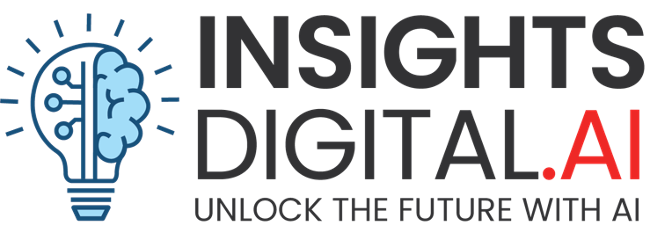AI can significantly optimize healthcare operations for both payers and providers, leading to increased efficiency, reduced costs, and improved patient outcomes. Here’s how:
For Payers:
- Fraud Detection: AI algorithms can analyze vast amounts of claims data to identify potential fraudulent activities, such as duplicate claims, upcoding, and out-of-network overcharges. This helps prevent financial losses and ensures fair reimbursement.
- Risk Prediction and Management: AI can predict the risk of high-cost claims, allowing payers to proactively intervene with targeted programs for at-risk members. This can involve personalized care management, preventative screenings, and early interventions to manage chronic conditions.
- Network Optimization: AI can analyze provider performance data, patient utilization patterns, and network costs to optimize provider networks. This can involve identifying areas with gaps in coverage, negotiating better rates with providers, and steering members to high-value providers.
- Predictive Modeling for Budgeting and Forecasting: AI can analyze historical trends and external factors to predict future healthcare costs and resource needs. This enables payers to make more informed decisions about budgeting, pricing, and product development.
For Providers:
- Revenue Cycle Management: AI can automate tasks such as prior authorization, claims processing, and eligibility verification, streamlining the revenue cycle and reducing administrative burdens.
- Appointment Scheduling and Resource Allocation: AI can optimize appointment scheduling, minimize wait times, and improve the utilization of resources such as beds, operating rooms, and staff.
- Supply Chain Management: AI can optimize inventory management, predict demand for medical supplies, and reduce waste and costs associated with overstocking.
- Predictive Modeling for Patient Outcomes: AI can predict patient outcomes, identify high-risk patients, and personalize treatment plans. This can lead to improved patient outcomes, reduced readmissions, and lower overall costs of care.
Key Considerations:
- Data Quality: The accuracy and completeness of the data are critical for the effectiveness of AI-powered solutions.
- Bias and Fairness: AI models can inherit biases present in the training data, leading to unfair or inaccurate outcomes for certain patient populations.
- Explainability and Transparency: Developing AI models that are explainable is crucial to build trust and ensure clinician adoption.
- Ethical Considerations: Data privacy, security, and algorithmic bias must be carefully addressed.
- Human-in-the-Loop: AI should be seen as a tool to assist humans, not replace them. Human expertise and judgment remain essential.
By addressing these challenges and leveraging the power of AI, healthcare payers and providers can significantly improve their operational efficiency, reduce costs, and enhance the quality of care they deliver to patients. At InsightsDigital.ai, we empower enterprises to harness the transformative potential of artificial intelligence (AI) through strategic advisory services that align technology with business goals. Our AI Advisory Services focus on delivering tailored solutions for B2B organizations, bridging the gap between AI innovation and measurable business outcomes.








